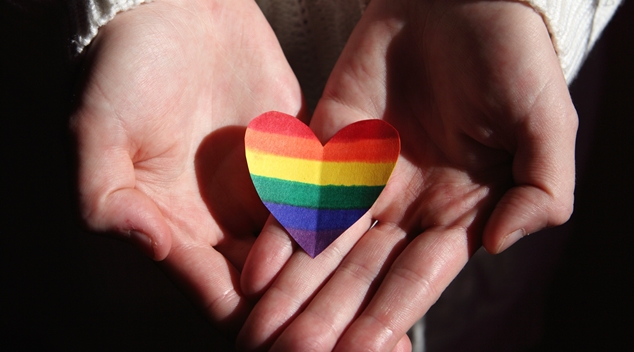
Survivors of LGBTQIA+ conversion practices have written to state and territory governments which have not yet banned such practices.
Advocates for a ban on conversion therapies have previous raised concerns that Queensland and the ACT that do not cover all recommendations from survivors, the letter outlines ten key policy objectives that advocacy groups want to see included in any future legislation.
The letter to state ministers outlines 10 key policy objectives that advocacy groups want to see included in any future legislation. These include strongly affirming that LGBTQA+ people are not ‘broken’ or ‘disordered’, banning practices in both formal (medical/psychology/counselling) and informal (including religious) settings, whether paid or unpaid, protecting adults, children, and people with impaired agency, including prohibition of the removal of children from the jurisdiction for the purpose of conversion practices and targeting the communication of false, misleading, and pseudoscientific fraudulent claims that cause harm and drive demand for conversion practices.
Tasmania, South Australia and Victoria are currently considering legislation, while the Greens are pushing for action here in WA.
Nathan Despott from survivor advocacy group Brave Network said that for any anti-conversion legislation to be truly effective, lawmakers must listen to those who have been through it.
“As the primary Australian bodies advocating for survivors we are offering our support, research, expertise and policy aspirations to all state governments in helping frame the best, most effective legislation to combat this insidious movement,” Despott said.
Queensland was the first jurisdiction to pass legislation, but survivor groups were strongly critical of that Bill which does not cover informal and religious settings.
“Given more than 90 per cent of conversion practice takes place in religious settings we regard that legislation a wasted opportunity.”
“The ACT legislation is vastly better. It covers religious settings, focuses on the intent of the practitioner, protects adults and children, and gives broad investigative powers to the ACT Human Rights Commission,” Despott said.
Chris Csabs from Sexual Orientation and Gender Identity Change Efforts (SOGICE) Survivors said that as momentum builds around the country for more states and territories to tackle this issue, the opportunity arises for each new Bill to improve on the last.
“Our experience is that the ability of laws to stop harm against LGBTQIA+ people and effect real change is critically dependent on the extent to which policy-makers consult with survivors.
“We have years of experience in international analysis, research, anecdotal case studies and policy development.
“Even well-intentioned laws can miss some nuanced ways in which conversion ideology and practices occur,” Csabs said.
Brave and SOGICE Survivors say the complex systems of coercion and suppression through informal, unregulated contexts can often be overlooked or not fully understood by lawmakers.

Love OUTinPerth Campaign
Help support the publication of OUTinPerth by contributing to our
GoFundMe campaign.




